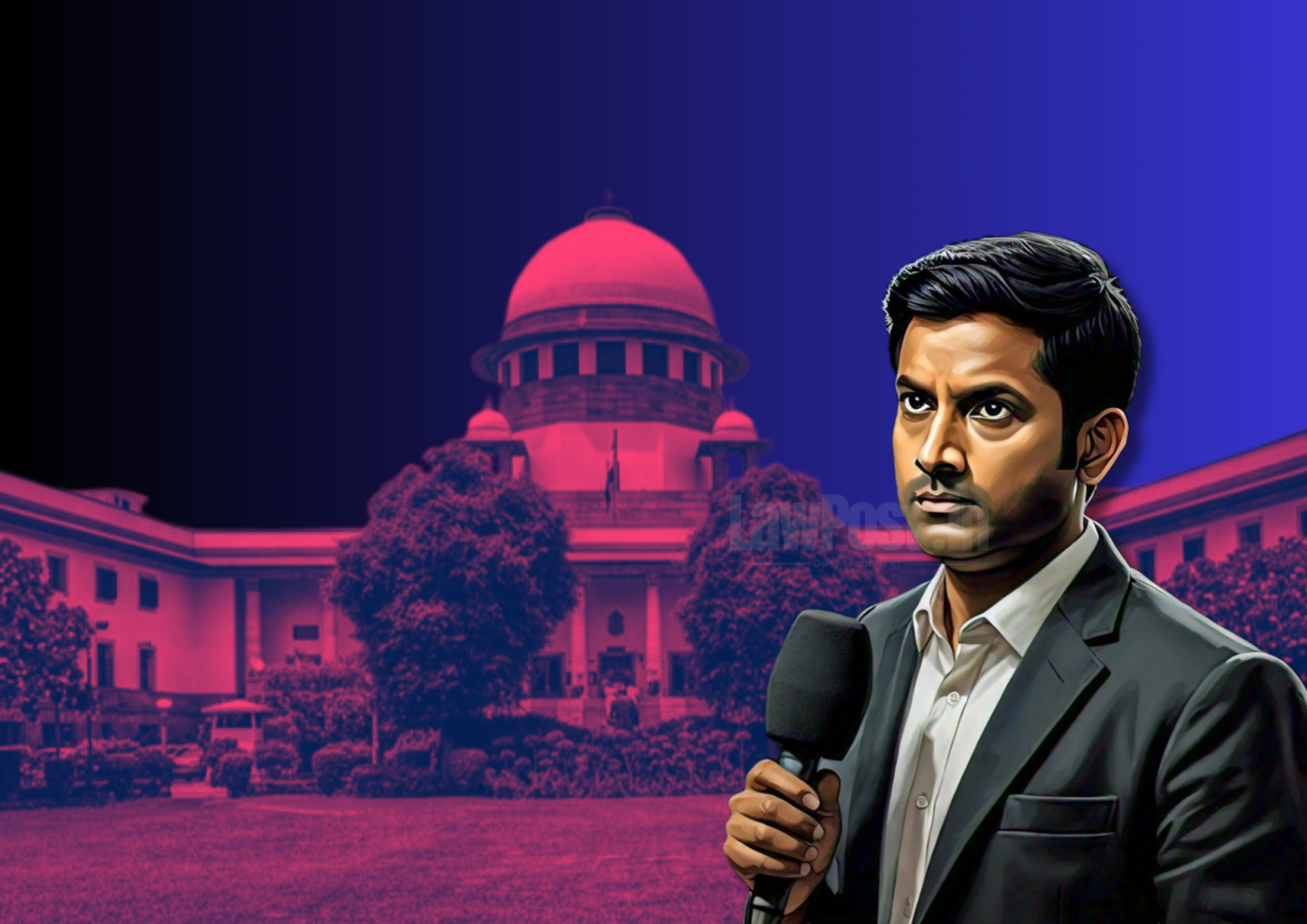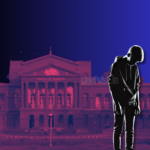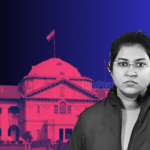In a significant clarification on professional ethics for lawyers, the Bar Council of India (BCI) informed the Supreme Court that practicing advocates cannot simultaneously work as journalists, whether full-time or part-time. The apex court took the BCI’s stance on record during a hearing on Monday in the case Mohd Kamran vs State of Uttar Pradesh & Anr.
The BCI’s affidavit, dated December 13, clarified that Rule 49 of the BCI Rules (Chapter II, Part VI) prohibits dual professional roles, emphasizing that “full-time journalism is clearly impermissible” for lawyers. While part-time journalism may be allowed under stringent conditions, the BCI noted that it is “generally not permissible,” even in cases without a conventional salary or employer-employee relationship.
The case came to the fore after the Supreme Court noted that the petitioner, Mohd Kamran, identified himself as both a practicing advocate and a freelance journalist. This prompted the Court to seek the BCI’s views on the matter.
Court Observations and BCI Clarification
A division bench of Justice Abhay S. Oka and Justice Manmohan underscored the importance of maintaining the integrity of the legal profession. “We have heard the learned counsel for BCI, which has submitted that as per the rules laid down, an advocate cannot be allowed to pursue part-time or full-time journalism,” the Court recorded.
The petitioner, Mohd Kamran, submitted an affidavit affirming that he is no longer working as a journalist and will solely practice as an advocate.
While the BCI acknowledged that Rule 51 of its rules appears to allow advocates to engage in journalism, it clarified that such activities must be strictly connected to legal practice. “Rule 51 is not intended to sanction the simultaneous pursuit of two full-time professions,” the BCI stated in its affidavit. Journalism, the BCI added, is permissible only if it maintains a meaningful nexus to legal practice, such as publishing scholarly articles or opinion pieces that further legal understanding.
“Even then, such engagements must be carefully regulated to ensure the advocate avoids any conflicts of interest, preserves the independence and dignity of the legal profession, and does not, in effect, amount to undertaking full-time journalistic activity separate from their legal practice,” the BCI stated.
Petitioner’s Case
The ongoing case involves a challenge by Mohd Kamran to an Allahabad High Court order that quashed criminal defamation proceedings against former parliamentarian Brij Bhushan Sharan Singh.
Kamran alleges that Singh defamed him through two letters sent to the Uttar Pradesh Chief Minister and Chief Secretary in September 2022. These letters, later circulated on social media and in newspapers, allegedly referred to Kamran as a “conspirator” and a “thief,” tarnishing his reputation.
Kamran has sought the restoration of the defamation case against Singh. Notably, Singh is also facing trial in a separate case involving sexual harassment allegations by six Indian wrestlers.
The Supreme Court, having settled the issue of advocates’ professional ethics, has scheduled the next hearing on the merits of Kamran’s plea for February 3, 2025.
Case: Mohd Kamran vs State of Uttar Pradesh & Anr. – Available on LAWFYI.IO








